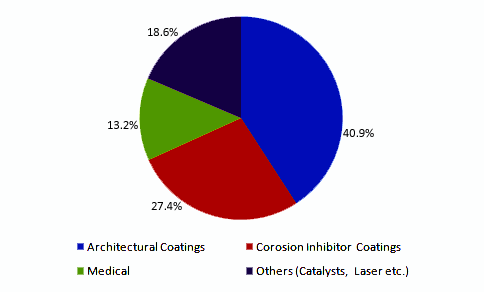

This cause of acute hypophosphatemia is different than the other causes because it will immediately return to normal once the hyperventilation stops. Respiratory alkalosis causes acute hypophosphatemia because your cells naturally begin to shift around the phosphate stores in your bones. It usually happens when you hyperventilate or simply breathe in and out too quickly. This is a decreased amount of carbon dioxide pressure without increased bicarbonate. Therefore, patients must receive supplemental phosphate to stay healthy. Phosphate is a source of intracellular energy, and when someone experiences a severe burn, their phosphate levels dip dangerously low. Fifty percent of people who are hospitalized due to alcoholism develop hypophosphatemia within the first three days of their hospitalization. This is one of the most common causes of hypophosphatemia. It is believed that over time, alcoholism hampers your kidney’s ability to absorb phosphorus fully. When you go into diabetic ketoacidosis, you have a buildup of acids in your bloodstream, leading to loss of consciousness or even death. Insulin is what helps your body break fat down and burn it as fuel. It is a state that the body goes into when it is unable to produce enough insulin. Diabetic ketoacidosis happens when someone mismanages their diabetes or might not realize they have it. Īcute hypophosphatemia is usually the more severe and common type of hypophosphatemia seen in clinical settings. Acute hypophosphatemia comes on very quickly, whereas chronic hypophosphatemia develops slowly over a long period of time.

There are two different types of hypophosphatemia acute and chronic.

It is a severe condition, and you must treat the underlying issue to prevent some of the very severe repercussions of having hypophosphatemia. The cause of hypophosphatemia is always from some other underlying issue. Low levels can cause a host of health challenges, including muscle weakness, respiratory or heart failure, seizures, or comas. Hypophosphatemia is a condition in which your blood has a low level of phosphorous. Normal blood phosphorous levels are between 2.5 to 4.5 mg/dL. Phosphorous is a mineral found in your bones that helps to keep your bones and body healthy.


 0 kommentar(er)
0 kommentar(er)
